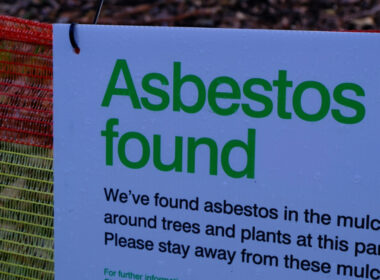Sweeping changes are proposed for Australia’s whistleblower laws. But do the changes go far enough?
Bounty-style rewards for people who report corrupt conduct and enhanced protections against employer reprisals are among the sweeping changes proposed to Australia’s whistleblower laws. But do they go far enough?
The jury trial system has attracted its fair share of scrutiny and criticism throughout the centuries. But an increased volume of complex cases and use of experts, lengthier trials and the ease of access to external information in recent years have led to growing concerns about the capacity of jurors to truly understand and undertake their duties. In short, is the jury system still working or does it need fixing?
A submission to a recent parliamentary inquiry into whistleblower protections by former Commonwealth Bank employee Jeff Morris makes for harrowing reading. Eleven heavily redacted pages recount the day, in 2008, when Morris first blew the whistle on dodgy practices in the bank’s financial planning arm, along with the devastating aftermath of his disclosures, including smear campaigns, cover-ups and psychological turmoil.
But the most chilling moment? “Talk of ‘shooting’ made me wonder if I had put my family at risk of being collateral damage,” he explains. “I came home to an empty house one night. My wife had left with my children … [She] was opposed to me blowing the whistle on CBA from the beginning. Her refrain was that they would destroy me … Many times over the years she asked me why I was doing all this for people we didn’t know.” For Morris, like so many other whistleblowers, the answer was straightforward: because it’s the right thing to do.




